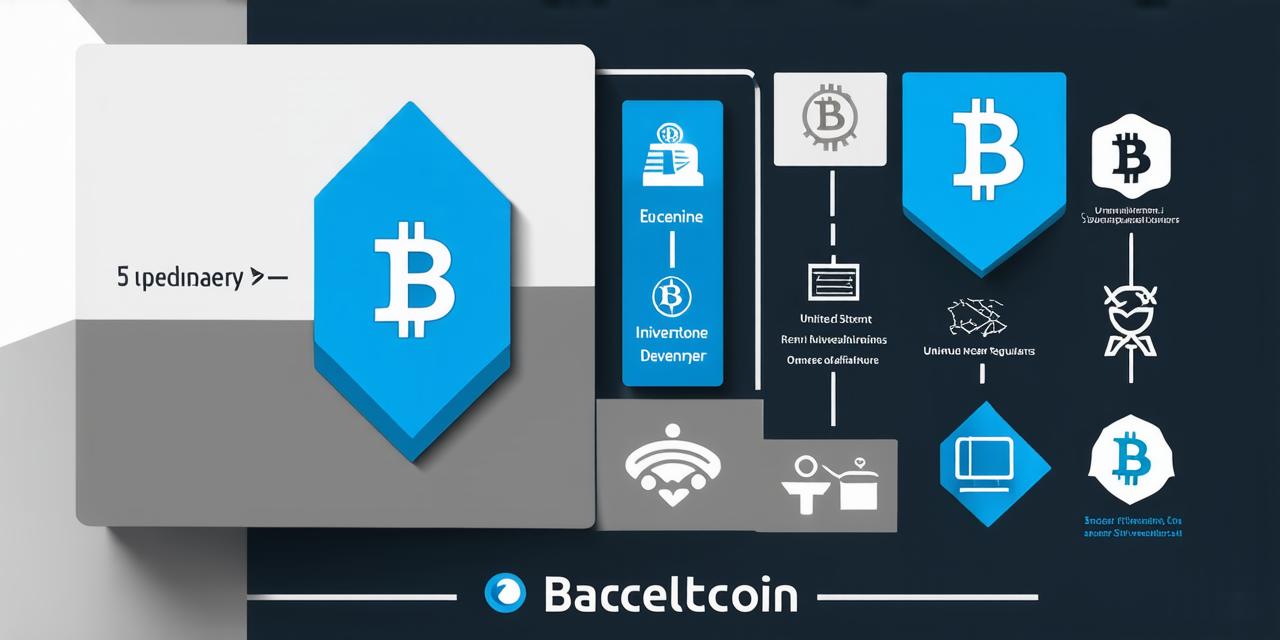
Ownership Structure of Bitcoin:
At first glance, it may seem that Bitcoin is decentralized and owned by no one. This is because transactions on the Bitcoin network are recorded on a public ledger called the blockchain, which is distributed across thousands of computers around the world. This makes it extremely difficult for any single entity to control the network or manipulate its value.
However, this does not mean that there are no ownership claims on Bitcoin. In fact, there are several entities and individuals who have made significant contributions to the development and maintenance of the Bitcoin ecosystem, which could be seen as a form of ownership.
1. Miners: Miners are individuals or companies that use powerful computers to solve complex mathematical problems in order to validate transactions on the Bitcoin network. In doing so, they earn new Bitcoins as reward for their work. While miners do not technically “own” Bitcoin, they play a crucial role in maintaining the integrity of the network and securing its value.
2. Developers: Developers are individuals or companies that contribute to the development of the Bitcoin software and protocol. They may create new tools and applications that make it easier for users to buy, sell, and store Bitcoin. While developers do not technically “own” Bitcoin, their work is essential to the growth and adoption of the cryptocurrency.
3. Investors: Investors are individuals or companies that purchase Bitcoin with the intention of selling it at a higher price in the future. While investors may not technically “own” Bitcoin, they play a critical role in driving its value up or down based on market demand.
4. Regulators: Governments and regulatory bodies around the world have taken various approaches to Bitcoin, from outright banishment to cautious acceptance. While regulators do not technically “own” Bitcoin, their actions and decisions can have a significant impact on its value and adoption.
Legal and Regulatory Landscape:
The legal and regulatory landscape surrounding Bitcoin is still evolving in many parts of the world. Some countries have embraced Bitcoin as a legitimate form of currency and payment, while others have taken a more cautious approach, with some even outright banning its use.
In the United States, for example, Bitcoin is generally considered to be a commodity rather than a currency, which means that it is subject to securities laws and regulations. This has led to the creation of Bitcoin-related investment vehicles such as initial coin offerings (ICOs) and exchange-traded funds (ETFs), which allow investors to buy and sell Bitcoin in a more structured way.
In Europe, Bitcoin is generally treated as a form of payment rather than a currency or commodity. This means that it can be used to purchase goods and services, but it is not subject to the same level of regulation as traditional currencies.
In countries such as China and Japan, Bitcoin has been embraced as a legitimate form of currency and payment, with some even establishing their own national cryptocurrencies based on Bitcoin technology.
Future of Bitcoin Ownership:
As the adoption and value of Bitcoin continue to grow, it is likely that we will see further developments in its ownership structure. For example, we may see the creation of more sophisticated investment vehicles that allow for greater liquidity and accessibility to Bitcoin. We may also see the emergence of new governance models that enable greater decentralization and transparency in Bitcoin’s decision-making processes.
However, it is important to remember that Bitcoin is still a relatively new and untested technology, and its future is uncertain. There are many risks associated with investing in Bitcoin, including market volatility, regulatory uncertainty, and the potential for fraud and scams. As such, investors should always do their due diligence and exercise caution when dealing with this exciting but high-risk asset.
FAQs:
1. Who created Bitcoin?
Bitcoin was created in 2009 by an unknown person or group of people using the pseudonym Satoshi Nakamoto.


